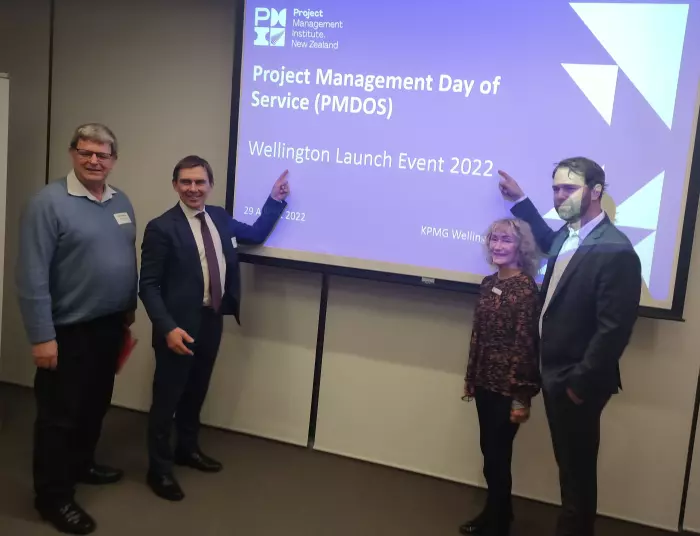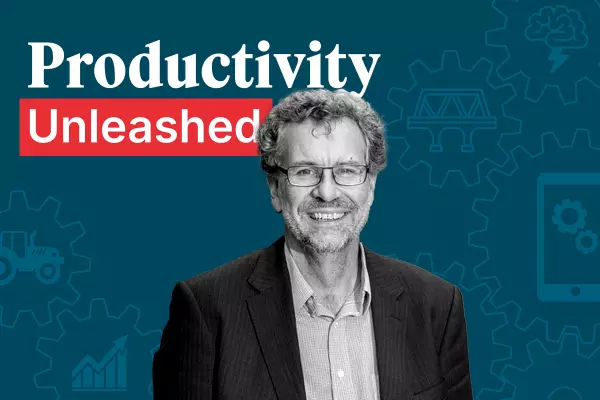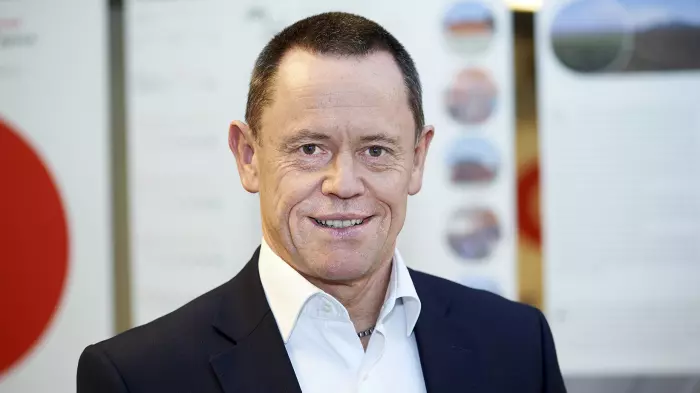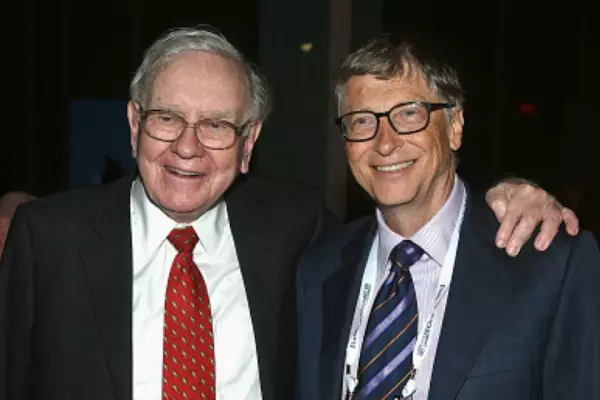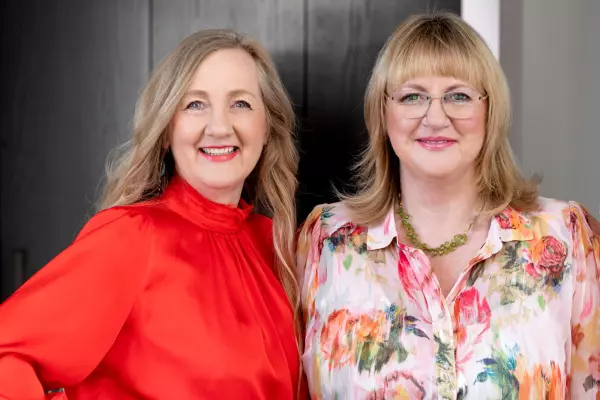A one-day meet-up between project managers and not-for-profit groups will provide charities with more than $6,000 each worth of professional consulting help, organisers say.
The event was organised by the Project Management Institute of New Zealand (PMINZ).
A pilot “project management day of service” (PMDOS) planned for Wellington in November will be rolled out around NZ next year. The idea is that project managers and other business experts will provide free consultations for charities to help them with a chosen project.
Project managers, business representatives and Wellington mayor Andy Foster met in the capital this week to learn more about the day, planned for parliament’s Beehive banquet hall.
Many turned up a little uncertain of what was involved but were interested in learning more.
The concept began in 2015 in the United States and is now run in Australia, the UK, and Poland. Beth May, the chief operating officer for Project Management for Change USA, who addressed the meeting from Maryland, said a project manager had come up with the idea while driving to work.
“(He) was thinking about not-for-profit organisations and how their biggest challenges stemmed from scarcity. Not enough funding, not enough staff and so on, and realising that project managers are experts at managing scarcity."
The idea was pitched to Wellington charities last week, and some 25 non-profit organisations have so far indicated their interest, including the Zealandia urban sanctuary, Cancer Society Wellington and Samaritans of Wellington.
PMDOS director Angus Middleton said the in-kind benefits for a participating charity were estimated at more than $6,000 if they had paid for the consulting services.
Each charity would have up to five experts working with them on the day. That would include business analysts, project manager coordinators and students working with two people from each non-profit.
Middleton later said that about 30 companies, consultants and government organisations had shown an interest in taking part so far and they were aiming for 60 to 70 on the day.
Mayoral backing
Wellington mayor Andy Foster said that bringing the skills of the project management profession to the voluntary sector would enable charities to do things they might not otherwise be able to do.
Foster had started volunteering aged 20 with Catacombs, a former drop-in centre. "It was basically looking after people who were at the bottom of the heap." Since then, Foster has long been involved with Zealandia and has seen it go from a concept to an organisation that generated nearly $6 million of revenue in the December 2021 financial year.
"We started from having no employees and a handful of people that think 'this is a good idea'. That's often where a lot of things start from. There will be a lot of organisations which are established, but they want to take where they're at to another level."
Project Management Institute of New Zealand (PMINZ) president Brian Belworthy described project management as a way of thinking. The skills could be used by charities whether writing a business case, making capital expenditure or even building a shed.
"This is potentially really exciting because as project managers, we (will) drag along finance people, business analysts, IT architects and all those other ancillary people."
Volunteer Wellington regional manager Julie Thomson told BusinessDesk her organisation strongly supported the concept, although she wanted to see how it would work in practice. "It's certainly in alignment with what we do in terms of volunteering, building the capacity and capability of the organisations that we work with. We are a very stretched and underfunded sector."
However, not-for-profit groups were uncertain of the tangible outcomes of a one-day event. They would learn about project management, do some brainstorming, and look at their issues and projects. "But what are we going to walk away with?"
Although charity groups were aware that follow-up help was not part of the package, she hoped project managers would step up, given the enthusiasm being shown.
Middleton told the meeting that consultants had often continued helping their charity beyond the day of service, but wanted to stress that it was a voluntary arrangement. It was not something that was guaranteed for any participating charity.


